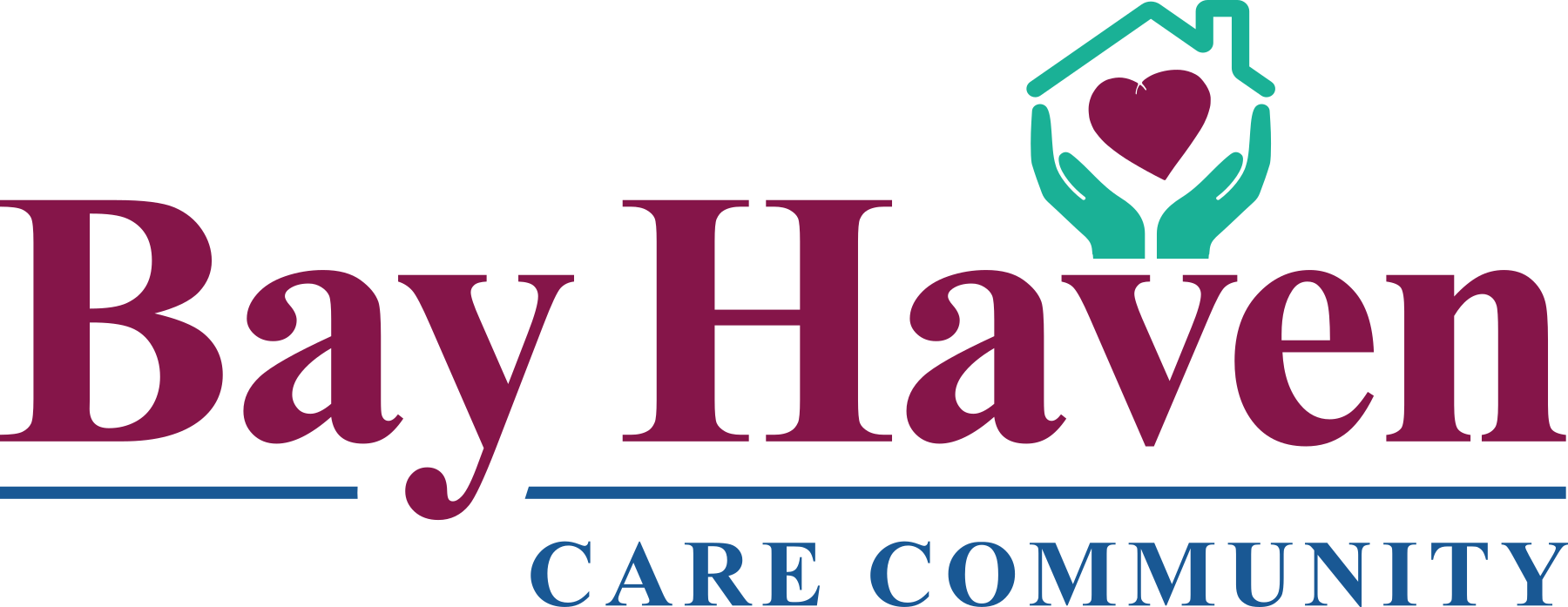
Do you ever wonder what a person with Dementia would think about regarding the COVID-19 pandemic? What exactly are they thinking about when they see their family and friends wearing a mask? What about when they think about the fact that they cannot go outside to public spaces or outings? Why is my family not visiting me? These are all questions that a person living with Dementia could be thinking about during the COVID-19 pandemic. Because of this, a person living with Dementia may experience an increase in anxiety and/or confusion about the world around them. A person living with Dementia who is living in a Retirement or Long-Term Care home and is in isolation from their family and friends cannot properly understand all the precautionary measures taken during this time. The lack of visiting, going outdoors, and people wearing masks can impact their mental health and ability to socialize. This is why it is important to fully understand how to communicate and approach a person living with Dementia when you put on your Personal Protective Equipment (PPE).
In a health care setting, a person’s living with Dementia are likely unaware of current events and may have difficulty understanding the need for additional PPE & precautions in place. These extra precautions may be stressful for them because it is out of their normal daily routine. Once a person living with Dementia’s routine changes from their ordinary lifestyle, it can cause confusion and frustration for them. Normally, a person’s living with Dementia often rely on body language and facial expressions during interactions with another person, however, if they cannot see your mouth or your body language, this can affect them as well. This is why it is important to communicate properly with a person with Dementia even if you are wearing a lot of Personal Protection Equipment.
It is important to allow time for the person living with Dementia to process and understand who is approaching them. It may take additional time for them to understand what is being asked, and since a mask can cover up your mouth and distort their ability to understand or recognize your face, this could cause extra stress as well. It is always important to have direct eye contact with the person living with Dementia while communicating with them. When approaching them, remember to always use their name often when providing instructions to maintain their attention. If a person’s living with Dementia have questions surrounding precautions or PPE, provide simplified explanations so they can understand easily. Always remember to be mindful of your own non-verbal cues that the person’s living with Dementia may be responding to (body language, tone of voice, and facial expressions). It is important that you remain calm at all times. These are some important tips from the Alzheimer’s Society that you can take while communicating with a person in your life who is living with Dementia.
Marco Sanfilippo
Marketing Specialist/Recreation Assistant


